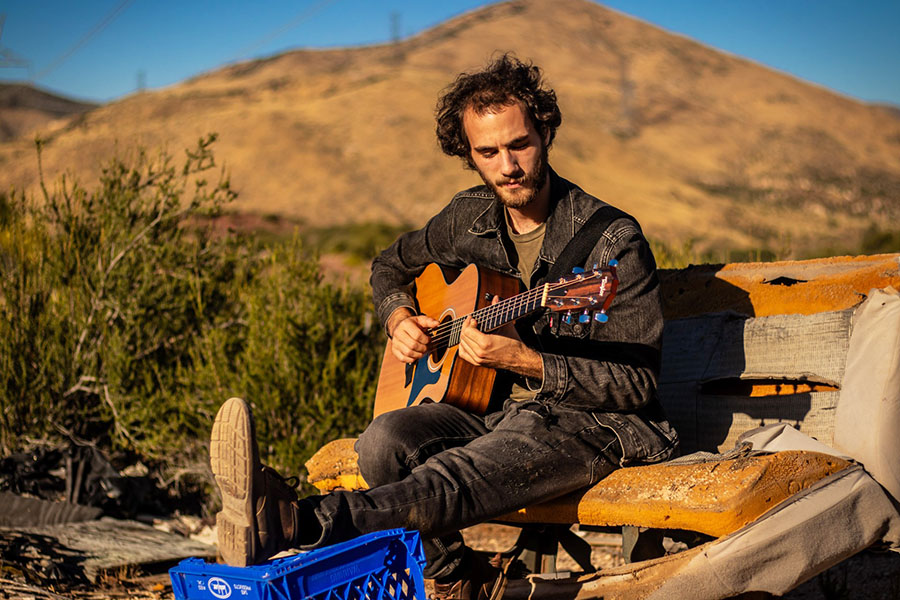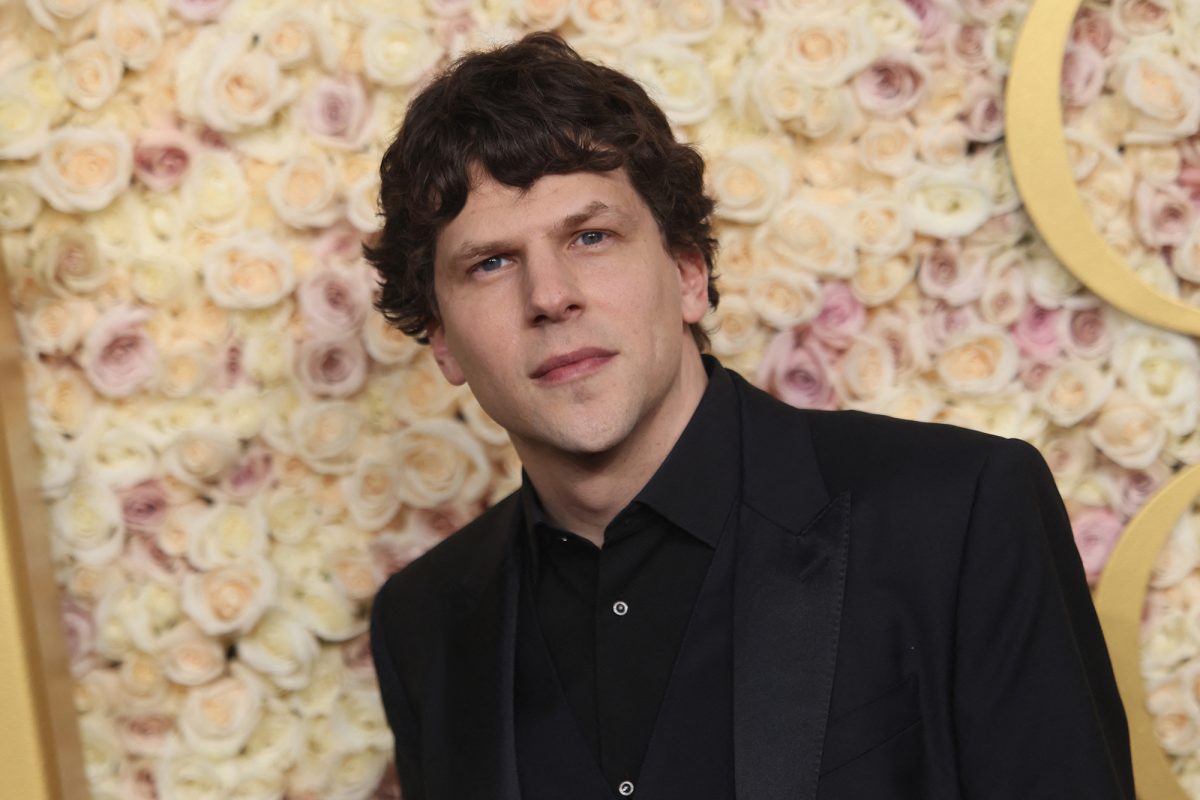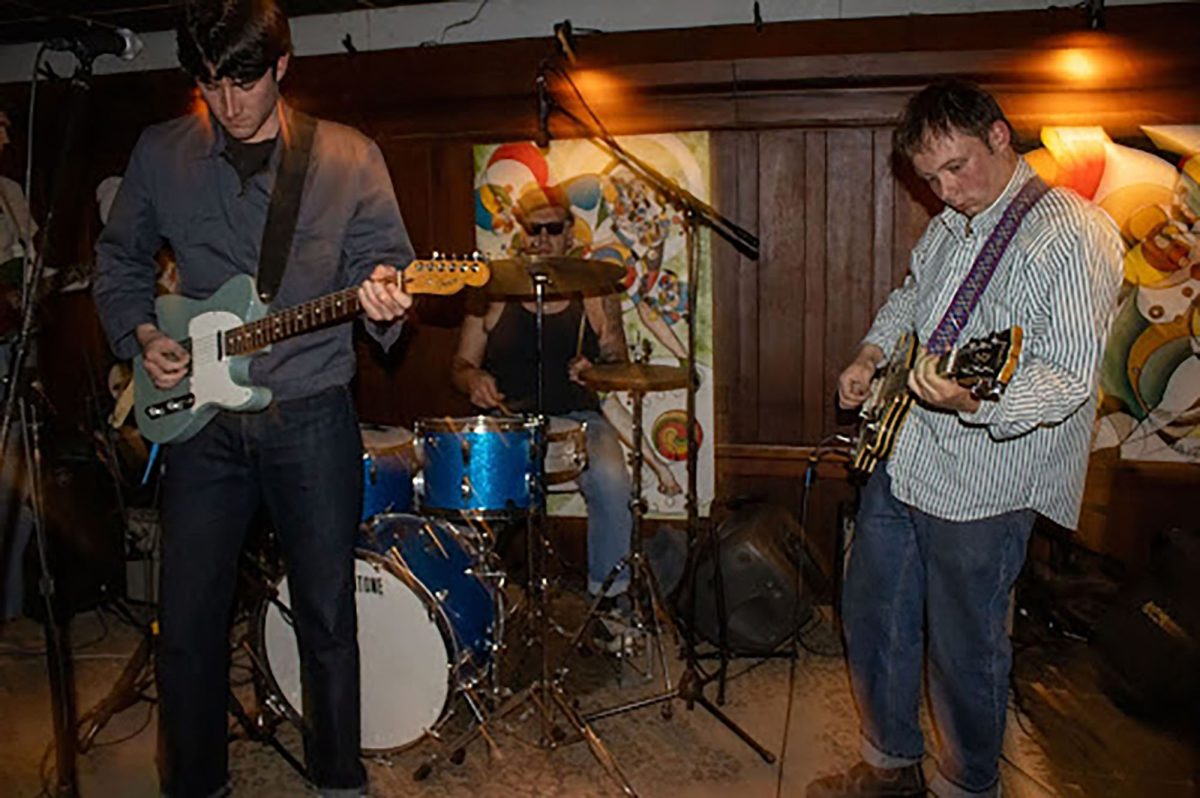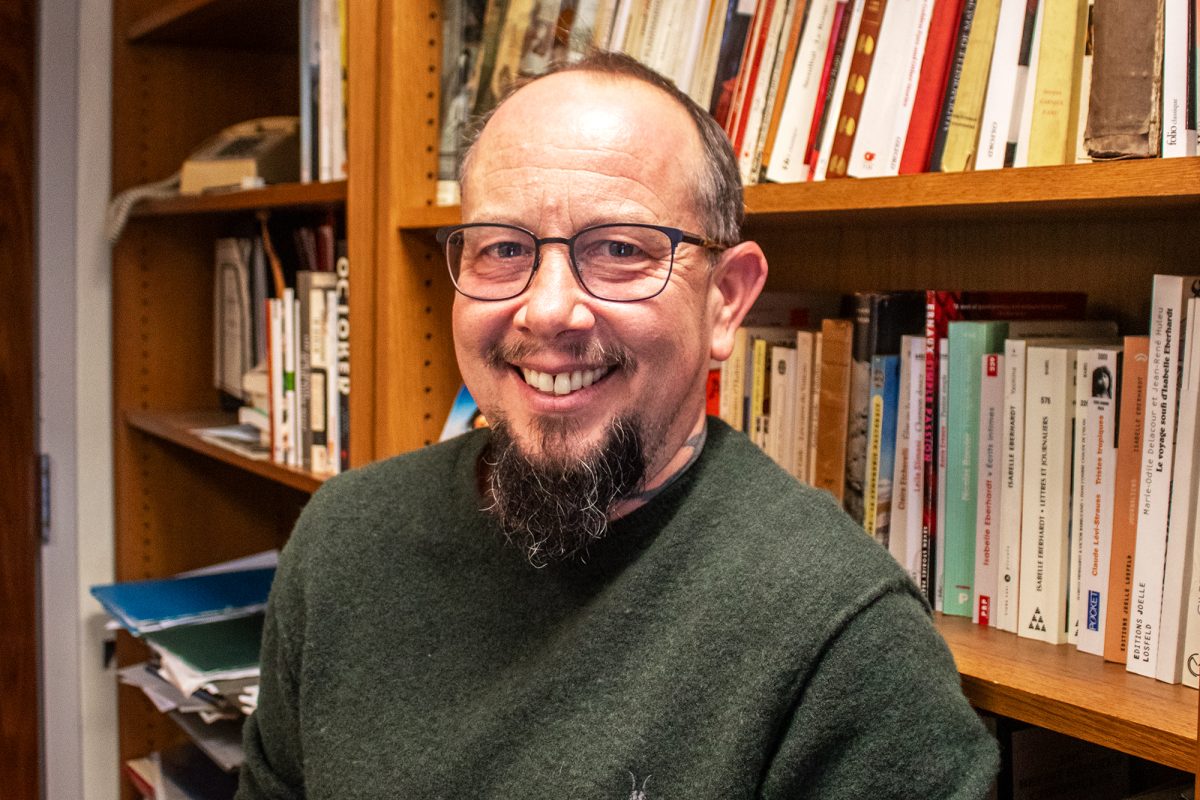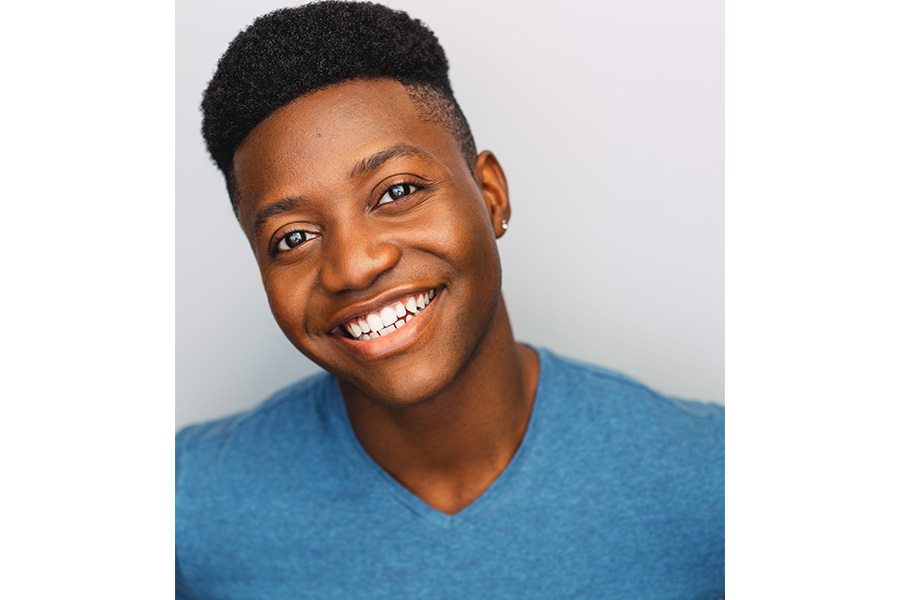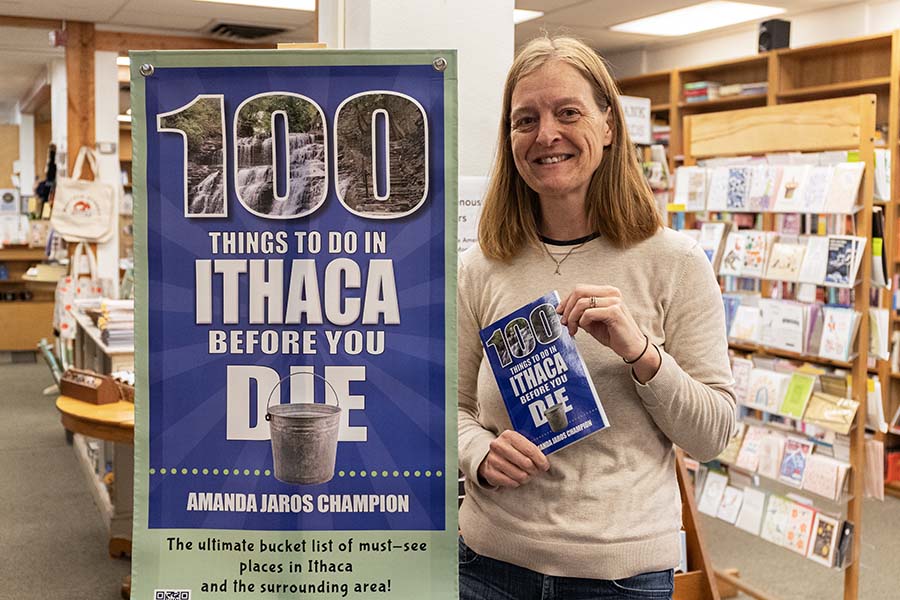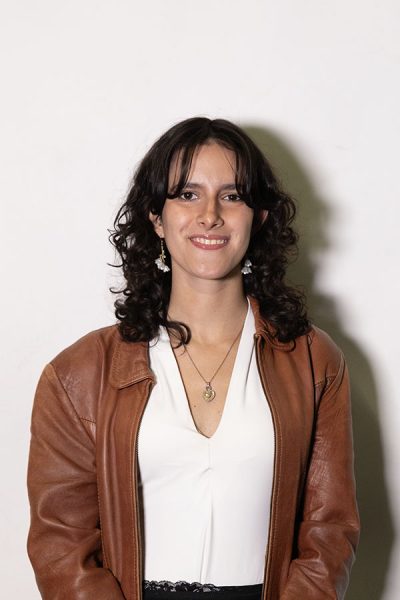Ryan Bieber ’22 proves that a degree is not a binding contract for a career path after college. Bieber got his Bachelor of Arts in journalism with minors in environmental studies and Spanish at Ithaca College. After graduation, he decided to move to Los Angeles to pursue a music career. Originally having picked the college for its journalism program, Bieber said he benefited from the former School of Music by taking every class available for students who did not have a major or minor in the Department of Music Performance.
After releasing his first studio album “Late Bloomer” in 2023, which he co-produced with his former roommate Colin Costa-Walsh ’22, Bieber will be releasing his second studio album, “Eventually It’s Okay,” on Nov. 15. For the past year, Bieber has released music every month to build his audience. While “Late Bloomer” focused on Bieber’s experiences in college and falling in love for the first time, this new album follows the progression of getting over loss and heartbreak.
Life and Culture Editor Mariana Contreras spoke with Bieber to discuss the inspiration behind his second studio album, as well as what listeners can expect and how his journey since graduation has affected his career.
This article has been edited for length and clarity.
Mariana Contreras: What inspired the title of your album, “Eventually It’s Okay,” and how is it different from your first album?
Ryan Bieber: I saw a bumper sticker that said “eventually it’s okay” and at the time, I was getting over a breakup … and I remember thinking that’s such a succinct, poetic, beautiful, but concise way of summing up a lot of the emotions I had. It’s that feeling of eventually it’s going to be okay, but right now, it still hurts. My first album [“Late Bloomer”] is very autobiographical, and it’s about my experiences in college and falling in love for the first time. This new album … takes up right where I left off after graduating college and explores a lot of the experiences I’ve had, which include traveling across the country by myself, visiting dozens of national parks, and kind of becoming almost a mountain man. I got really into camping and basically using imagery and nature and all of these experiences to tell the story of how to [overcome] the five stages of grief more or less.
MC: You moved to Los Angeles to pursue music, has the L.A. music scene influenced you in any way?
RB: Moving to L.A. was maybe one of the best decisions I could have [made]. … When I first got out here, I didn’t know anyone. It was a super scary process and I felt very alone and it was very daunting to be taking this on, but there are so many more musicians here than I’ve ever met anywhere else in the country. Being surrounded by that kind of energy and creativity –– at times it is, yes, intimidating, but it’s also super encouraging and you meet all these people that give you other ideas. I’ll be at open mics or other artist shows and I’ll hear a line or I’ll hear some sort of way of playing and it will inspire me in my own work. I’ve been able to collaborate with a lot of the people I’ve met out here. I’ve done multiple covers of songs on YouTube where I find other artists and we get together.
MC: You mentioned that your music draws a lot from artists like Noelle Kane, Zach Bryan and John Mayer. Which elements from these artists have shaped your style the most?
RB: John Mayer has always been my biggest influence because he’s one of the few people who is doing guitar solos, specifically blues guitar. … And then with Noah Kahan and Zach Bryan, I just got into them this year. … I was blown away again by [Kahan’s] storytelling abilities and when I heard that I’m like, “I need to become a better writer myself” and [wondering] how can I like fuse these elements of really personal storytelling, these kinds of folk elements and country elements … [that] lend themselves to the authentic outdoorsy quality that I was hoping to achieve with this album. It was kind of like let me take bits and pieces from all these artists I like but use my own experiences to put [a] twist on them.
MC: Do you have any advice for Ithaca College students who might be interested in pursuing music full-time after graduation?
RB: Whether it’s music, [or] whatever creative passion you have, it can be very daunting to pursue that passion and go all in because there’s a lot of instability and unknowns with that sort of career. … I think it’s really important to define success ahead of time, and it’s not necessarily all about the tangible statistics, as in the numbers and the listeners, but think about what will make this a success. … I did WICB radio, [which] introduced me to new music and also helped me build confidence, and after my graduation, I played live on Homebrew, which is the local music show. I am very grateful to these experiences I had in the Park School, for letting me share my music.


